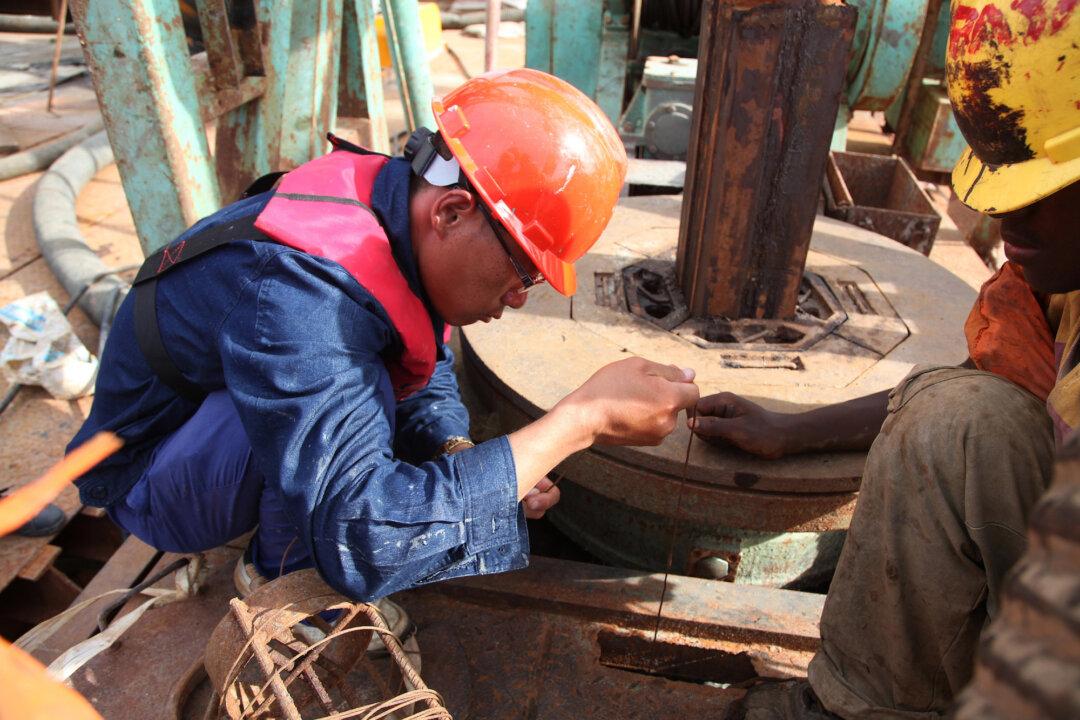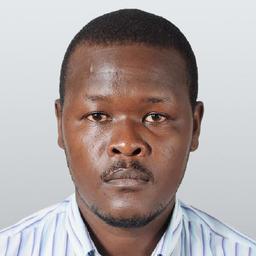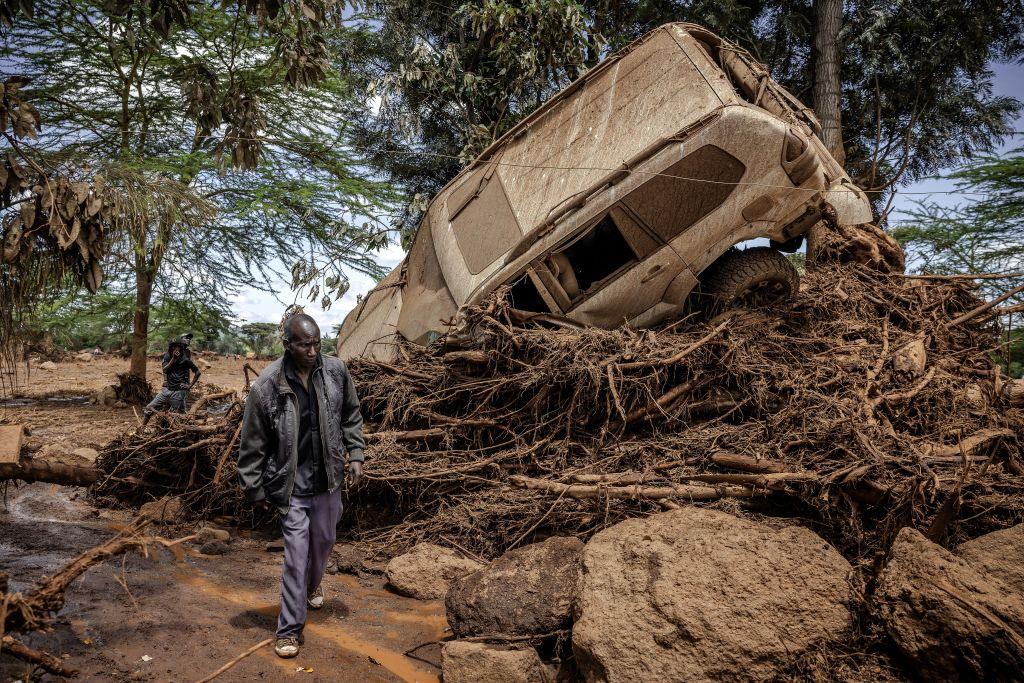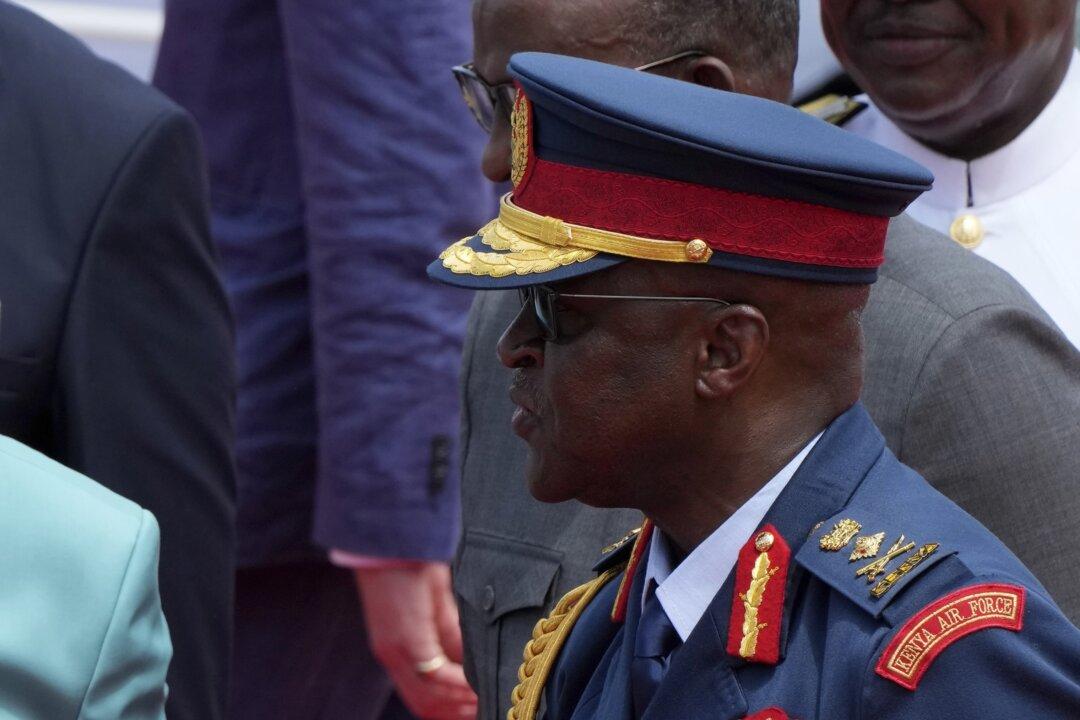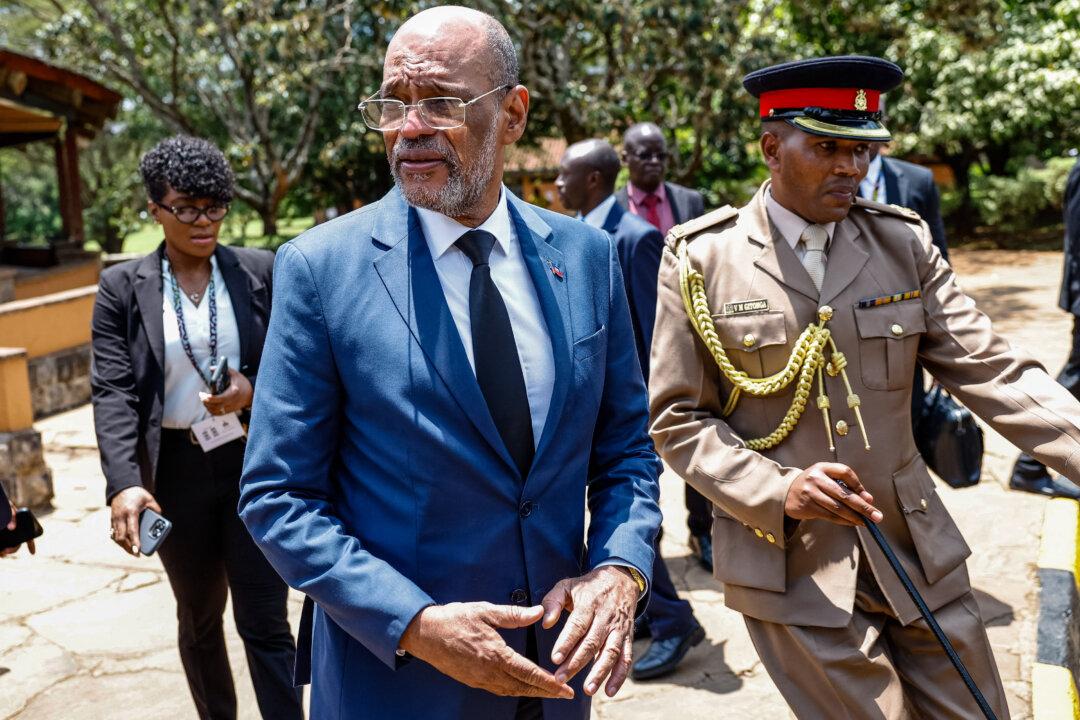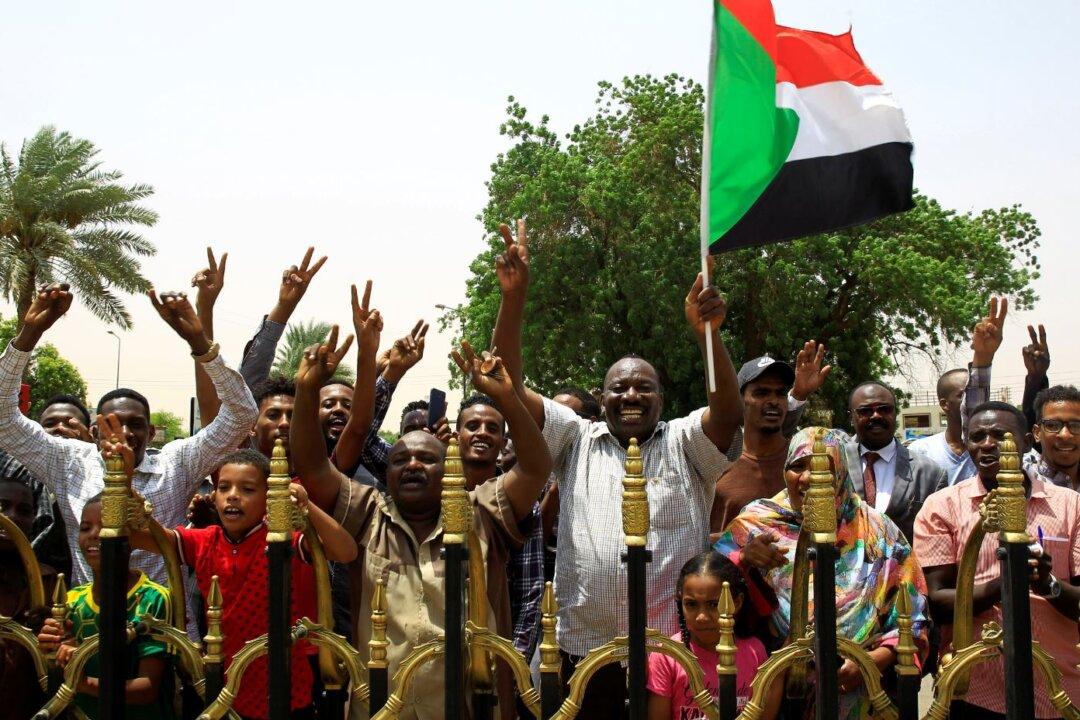NAIROBI, Kenya—Some African countries are canceling Chinese development projects and licenses as governments wake up to the potential risks of such deals.
Over the past few years, the regime in Beijing has played a huge part in African development projects. At the same time, there have been concerns about how it carries out those projects, often luring African countries into so-called debt traps with the potential to put national assets at risk in the event of a default on repaying their loans.
On Aug. 2, the Financial Times reported that “the government of Sierra Leone has canceled and suspended the licenses of several mining projects, including the Tonkolili and Marampa iron ore mines.” Major companies operating in Sierra Leone include China’s Shandong Iron and Steel, which owns the Tonkolili iron ore project, and Gerald Group, which owns the Marampa mines.
Since he ascended to power last year, Sierra Leone President Julius Maada Bio has made considerable changes to the law and reviewed mining contracts to ensure the country benefits from its natural resources.
In October 2018, Bio canceled another Chinese-funded project, construction of the Mamamah airport, at a cost of $400 million.
